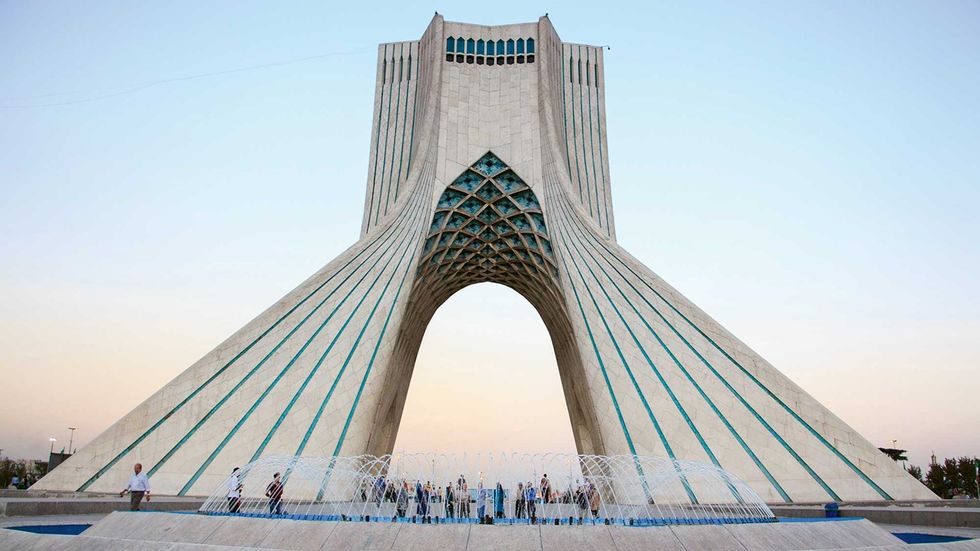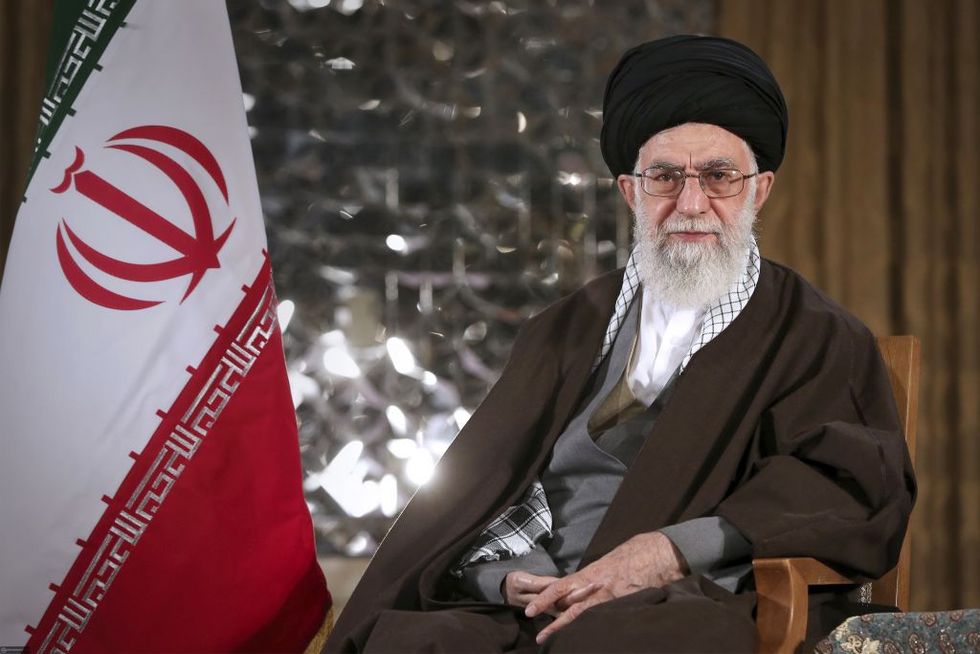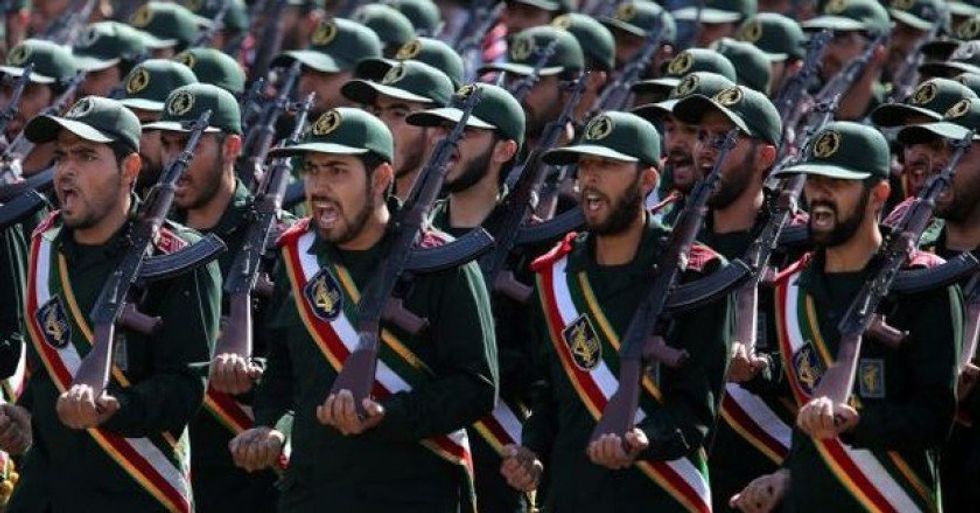Iran has a complicated modern history that contextually rectifies why the current Islamic Regime harbors such a strong hatred for the United States. Basically, long story short, Iran was exploited for its resources, mainly oil, for much of the 20th Century. First by the British Empire and later on by covert U.S. efforts through the ruling Shah.
This roughly results in the Islamic revolution in 1979. Many can relate to this event because of the U.S. Embassy hostage incident and the subsequent disaster befallen of the military rescue effort to save them. However, this self-styled "Theocratic Islamic republic" under spiritual leader Ayatollah Ruhollah Khomeini has much precedence for its dislike of the Western world.
Recent Western intervention in Middle Eastern conflicts over the past decade has only cooled the relations and ties the Iranian Regime maintains with the west. The subsequent push for nuclear weapons in the early 21st Century were for the same survivalist reasons as North Korea.
However, The reaction by the West has been markedly different in that it struck a controversial Nuclear deal with Iran in 2015 where Iran would cease the weaponization of nuclear power and submit to regular U.N. inspections in exchange for a lift on economic sanctions. As this deal makes it clear the Islamist Iranian Regime has no interest in provoking a direct conflict with the West. For it has regional enemies in the form of Saudi Arabia and Israel. These immense ideological and religious adversaries make it difficult for the Iranian government to focus on international foes when many are in the "back yard".
Therefore, The Ayatollah has engaged in a policy of indirect proxy influence amongst the Shia muslim populations sympathetic to the only majority Shia country. This is shown especially in recent maneuvers to turn Iraq's government into largely Shia dominated which has been largely successful due to the rise of the rival Sunni majority Islamic State in the northern part of Iraq in 2014. Other conflicts such as the Yemeni Civil War have become a proxy battleground between Saudi Arabia and Iran with Shia Yemeni Rebels in the northern end of Yemen accused of launching, allegedly Iranian supplied, missiles at Riyadh, the capital of Saudi Arabia.
With these proxy conflicts erupting along sectarian Sunni vs. Shia lines, this Middle Eastern "cold war" is likely to turn hot if incidents like the missile launchings continue to occur. This puts the United States in an odd position of either trying to "keep the sides apart" or being supportive of Israel and Saudi Arabia. Currently, the current U.S. administration is favoring the ladder policy openly threatening the withdraw from the Iranian Nuclear Deal.



















